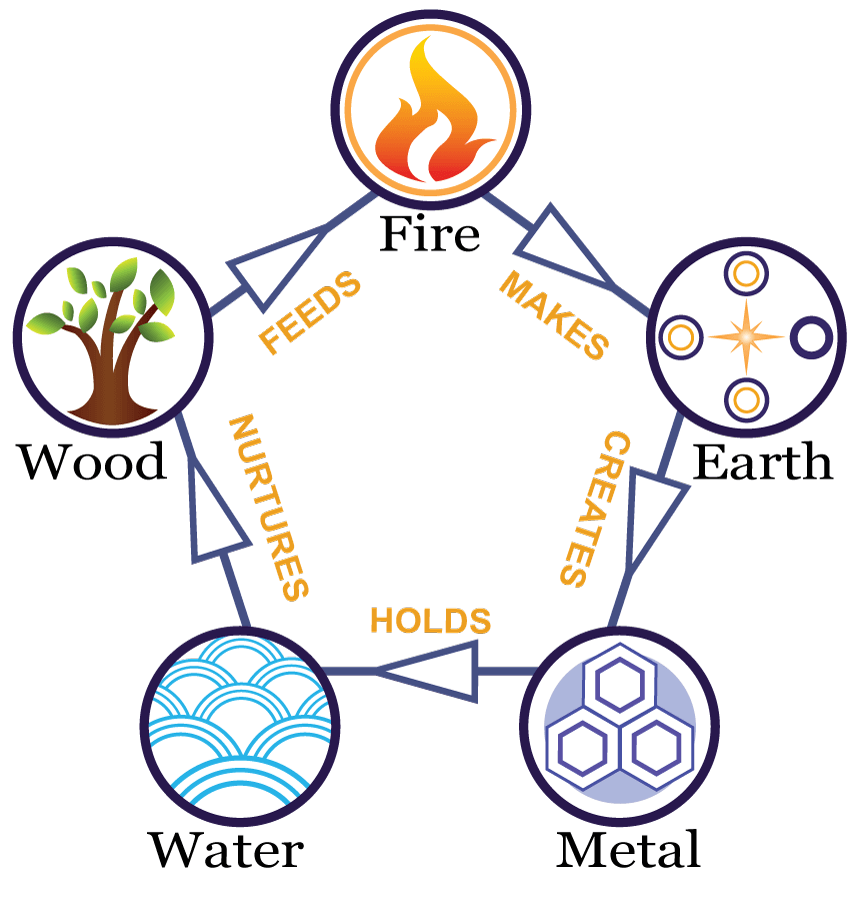 In Traditional Chinese Medicine man’s connection to the earth was the blueprint for living a healthy life. To be healthy one rose with the sun and went to sleep with the rising of the moon. The seasons in nature were associated with five earth elements: water, wood, fire, earth (soil) and metal. The Fire Element is associated with summer.
In Traditional Chinese Medicine man’s connection to the earth was the blueprint for living a healthy life. To be healthy one rose with the sun and went to sleep with the rising of the moon. The seasons in nature were associated with five earth elements: water, wood, fire, earth (soil) and metal. The Fire Element is associated with summer.
“Fire is our ability to have relationship, to feel safe, to feel in control, to be intimate, to have fun, to laugh and be excited.” The energy pathways of summer are heart meridian, small intestine meridian, pericardium meridian and triple warmer meridian.
Today I want to discuss the Small Intestine Meridian. This energy helps us to separate the pure from the impure. The color associated with it is pink; it is most active from 1pm – 3pm. Physically it takes partially digested food from the stomach absorbs the nutrients and sends the waste to the large intestine. The psycho-emotional aspects include mental clarity, powers of discernment and judgment. The ability to make decisions with clarity separating the relevant from the irrelevant is attributed to the Small Intestine Meridian.
Imbalances include: insecurity, difficulty assimilating ideas, indecision, forgetfulness, restlessness and difficulty expressing emotions. Some physical imbalances include: profuse sweating, tinnitus, pain around the ear and in the abdomen when pressed.
There are four energy pathways associated with the summer season. I’ve spoken in detail of the Heart Meridian and the Small Intestine Meridian. Today I want to discuss the Triple Warmer Meridian.
The Triple Warmer or Triple Burner Meridian is a concept unique to Chinese Medicine. There is no corresponding organ related to this in western medicine. This meridian has to do with the body’s temperature and includes three areas: the upper, middle and lower burner.
 The upper burner is associated with the heart and lungs and is located above the diaphragm; the middle burner includes the area below the diaphragm to the belly button. The organs associated are the spleen and stomach. The lower burner is located below the belly button. The organs associated are: liver, kidneys, large intestine, small intestine and bladder.
The upper burner is associated with the heart and lungs and is located above the diaphragm; the middle burner includes the area below the diaphragm to the belly button. The organs associated are the spleen and stomach. The lower burner is located below the belly button. The organs associated are: liver, kidneys, large intestine, small intestine and bladder.
The function of the Triple Warmer is to provide the energy or fire to transport the fluids, blood and food which pass through each area. In The Yellow Emperor’s Classic of Internal Medicine the functions of the three burners was described this way, “The upper burner acts like a mist. The middle burner acts like foam. The lower burner acts like a swamp.”
The way the energy is dispersed in the upper burner, the heart and lungs, is compared to a mist. Think of the tender tissues of the lungs and the importance of keeping the heart and lungs hydrated for smooth functioning. In the middle burner the function is digestion. The foam represents the digestive churning. The lower burner separates the pure from the impure and excretes the waste similar to a swamp breaking down plant matter.
“The triple burner is the controller of the entire circulation of body fluid” (The Yellow Emperor’s Classic of Internal Medicine)
Some symptoms of Triple Warmer dysfunction are: edema (retention of fluid in the tissues), difficulty urinating, abdominal distention, tinnitus, pain in the throat, eyes, back of the ear, the shoulder and upper arm.
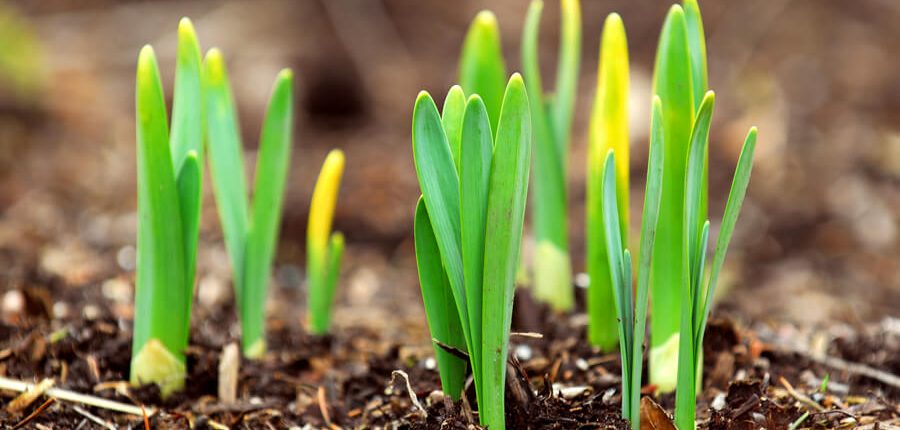 The season of spring is fast approaching with days getting longer and glimpses of warm weather here and there. It’s time to review the recommendations of Traditional Chinese Medicine for optimum health in springtime. TCM is based on a holistic approach of man (woman) as an integral part of their environment and nature. We are greatly influenced by changes in weather both directly and indirectly and have to adapt in order to maintain good health and live harmoniously.
The season of spring is fast approaching with days getting longer and glimpses of warm weather here and there. It’s time to review the recommendations of Traditional Chinese Medicine for optimum health in springtime. TCM is based on a holistic approach of man (woman) as an integral part of their environment and nature. We are greatly influenced by changes in weather both directly and indirectly and have to adapt in order to maintain good health and live harmoniously.
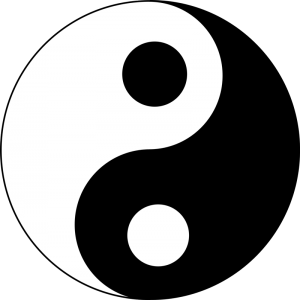 This quote is taken from Traditional Chinese Medicine Classics. In the season of winter the associations are:
This quote is taken from Traditional Chinese Medicine Classics. In the season of winter the associations are: The winter solstice is fast approaching and with it the beginning of the winter season. In nature, the trees and plants have pulled their energy back into their roots to survive the colder weather. The season of winter in nature is cold, damp, and inactive. The ancient Chinese believed that in order to stay healthy humans should live in harmony with their natural surroundings. The cold and shorter days of winter signal us to slow down, reflect on our health, conserve our strength and replenish our energy.
The winter solstice is fast approaching and with it the beginning of the winter season. In nature, the trees and plants have pulled their energy back into their roots to survive the colder weather. The season of winter in nature is cold, damp, and inactive. The ancient Chinese believed that in order to stay healthy humans should live in harmony with their natural surroundings. The cold and shorter days of winter signal us to slow down, reflect on our health, conserve our strength and replenish our energy.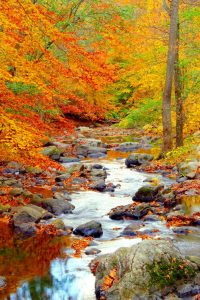
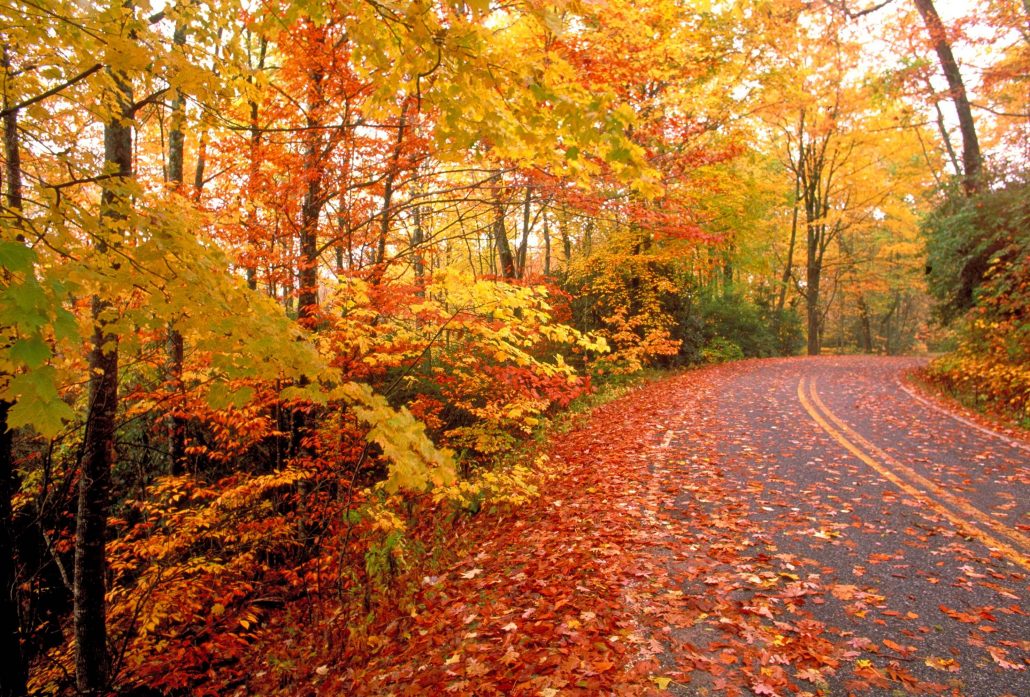 The Lung and Large Intestine are the two energy pathways most active in fall; both organs eliminate waste. The Large Intestine eliminates digestive waste and the Lungs eliminate respiratory waste. The Lungs also control the skin and sweating. Sweating helps to cleanse the skin and detoxify the body but excess sweating can deplete our bodies. It is important to stay hydrated especially when exercising.
The Lung and Large Intestine are the two energy pathways most active in fall; both organs eliminate waste. The Large Intestine eliminates digestive waste and the Lungs eliminate respiratory waste. The Lungs also control the skin and sweating. Sweating helps to cleanse the skin and detoxify the body but excess sweating can deplete our bodies. It is important to stay hydrated especially when exercising.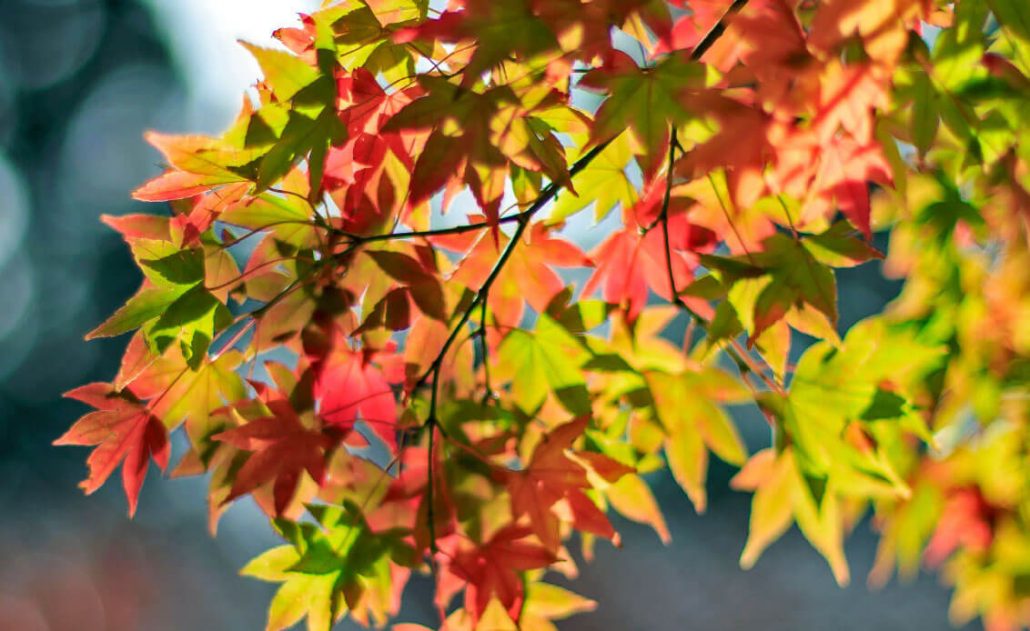 As the days begin to get longer, leaves begin to change color and earth energies begin to slow and cool; we turn our attention to more serious pursuits. The season of fall is associated with the Metal element which governs order, organization, communication, the mind, setting limits and protecting boundaries. It is a time to finish projects and clear out that which no longer serves us. We begin to organize our lives for the colder weather ahead.
As the days begin to get longer, leaves begin to change color and earth energies begin to slow and cool; we turn our attention to more serious pursuits. The season of fall is associated with the Metal element which governs order, organization, communication, the mind, setting limits and protecting boundaries. It is a time to finish projects and clear out that which no longer serves us. We begin to organize our lives for the colder weather ahead.
 The Pericardium Meridian is known as the heart’s protector. Though not considered an organ in Western medicine, in reality it is the protective sack which surrounds the heart. In Traditional Chinese Medicine it is considered an organ meridian which pairs with The Triple Warmer. The Pericardium Meridian functions to protect the heart both from physical damage and emotional excess generated by other organ meridians. These emotions include: fear from the kidneys, sadness from the lungs and anger from the liver.
The Pericardium Meridian is known as the heart’s protector. Though not considered an organ in Western medicine, in reality it is the protective sack which surrounds the heart. In Traditional Chinese Medicine it is considered an organ meridian which pairs with The Triple Warmer. The Pericardium Meridian functions to protect the heart both from physical damage and emotional excess generated by other organ meridians. These emotions include: fear from the kidneys, sadness from the lungs and anger from the liver.
 The upper burner is associated with the heart and lungs and is located above the diaphragm; the middle burner includes the area below the diaphragm to the belly button. The organs associated are the spleen and stomach. The lower burner is located below the belly button. The organs associated are: liver, kidneys, large intestine, small intestine and bladder.
The upper burner is associated with the heart and lungs and is located above the diaphragm; the middle burner includes the area below the diaphragm to the belly button. The organs associated are the spleen and stomach. The lower burner is located below the belly button. The organs associated are: liver, kidneys, large intestine, small intestine and bladder.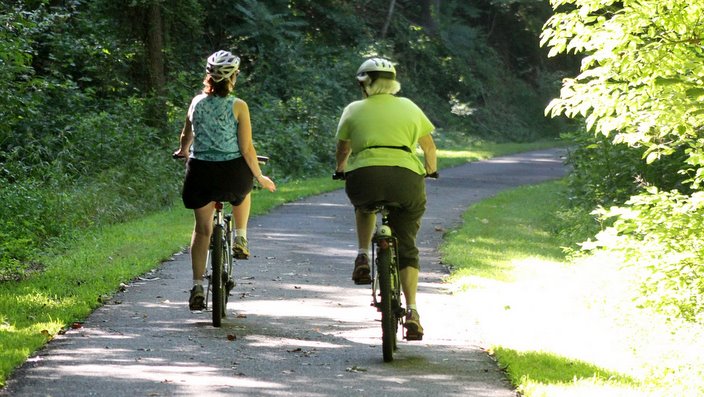 In ancient times people patterned their lives in accordance with nature to maintain good health. They rose with the sun and went to bed with the beginning of night. They didn’t overeat and meals followed a regular schedule. Daily activities were also at set times and they never overworked. “In this way, they could maintain both in the body and in the spirit substantiality, and were able to live to the old age of more than 100 years.” This quote comes from The Huang Di Nei Jing one of the principal medical books of Traditional Chinese Medicine.
In ancient times people patterned their lives in accordance with nature to maintain good health. They rose with the sun and went to bed with the beginning of night. They didn’t overeat and meals followed a regular schedule. Daily activities were also at set times and they never overworked. “In this way, they could maintain both in the body and in the spirit substantiality, and were able to live to the old age of more than 100 years.” This quote comes from The Huang Di Nei Jing one of the principal medical books of Traditional Chinese Medicine.